
AeroGenie — Votre copilote intelligent.
Tendances
Categories
Mexico’s Volaris Expects Engine Issues to End by Year-End 2027
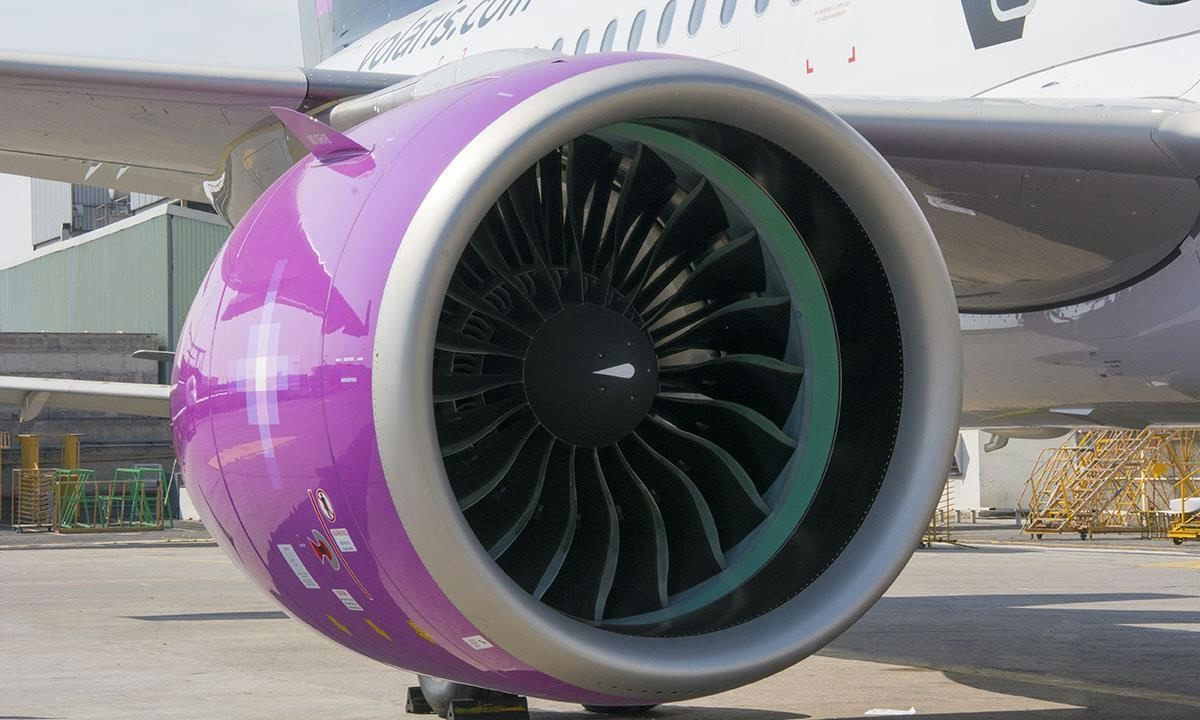
Mexico’s Volaris Expects Engine Issues to End by Year-End 2027
Ongoing Engine Challenges and Recovery Outlook
Volaris, the Mexican ultra-low-cost carrier, anticipates that the operational disruptions caused by Pratt & Whitney engine recalls will cease to have significant impacts on its fleet by the end of 2027. Chief Financial Officer Jaime Pous conveyed this outlook during the airline’s third-quarter investor call, noting that the average number of aircraft grounded due to engine problems is expected to decline to between 25 and 27 by the close of 2026. Pous reaffirmed the company’s previous guidance, emphasizing the expectation of “no material impacts” related to aircraft on ground (AOG) issues stemming from engine faults by the end of 2027.
The recall of Pratt & Whitney’s geared turbofan (GTF) engines has severely affected Volaris, at times grounding approximately two-thirds of its fleet. In the third quarter of 2025, the airline reported an average of 36 aircraft grounded monthly due to engine-related complications. Volaris has incorporated anticipated compensation for these grounded aircraft into its financial planning, reflecting the significant operational challenges posed by the recall.
Industry-Wide Impact and Volaris’s Strategic Position
The engine issues affecting Volaris are part of a broader disruption within the aviation sector. LATAM Airlines Group’s CEO, Roberto Alvo, recently cautioned that capacity constraints linked to ongoing engine problems could persist until the end of the decade. Similarly, carriers such as Air New Zealand have reported financial losses attributed to engine difficulties compounded by weak demand, underscoring the widespread nature of these challenges.
Volaris operates a fleet of 152 aircraft across all its Air Operator Certificates (AOCs), with an average fleet age of 6.6 years. Approximately two-thirds of its aircraft are next-generation models. In the recent quarter, the airline officially retired its Airbus A319-100 fleet, signaling a strategic shift toward newer, more efficient aircraft.
Looking forward, Volaris remains committed to long-term growth despite current headwinds. The airline holds an order book for 122 Airbus A320neo-family aircraft, and its growth strategy already accounts for the phased return of grounded planes following engine maintenance. The company maintains flexibility with Airbus to adjust delivery schedules and with lessors to extend leases or acquire aircraft after lease expiration, providing resilience amid ongoing uncertainty.
Financial Performance Amid Challenges
Financially, Volaris reported total operating revenues of USD 784 million and a net profit of USD 6 million for the first three quarters of 2025. This represents a sharp decline of 83.8% compared to the USD 37 million net profit recorded during the same period in 2024, reflecting the operational and financial pressures resulting from the engine recalls.
Despite these setbacks, Volaris’s strategic emphasis on fleet flexibility and investment in newer aircraft positions the airline to recover as engine issues are resolved and grounded aircraft return to service.

United Airlines Announces Routes for New Premium Boeing 787s
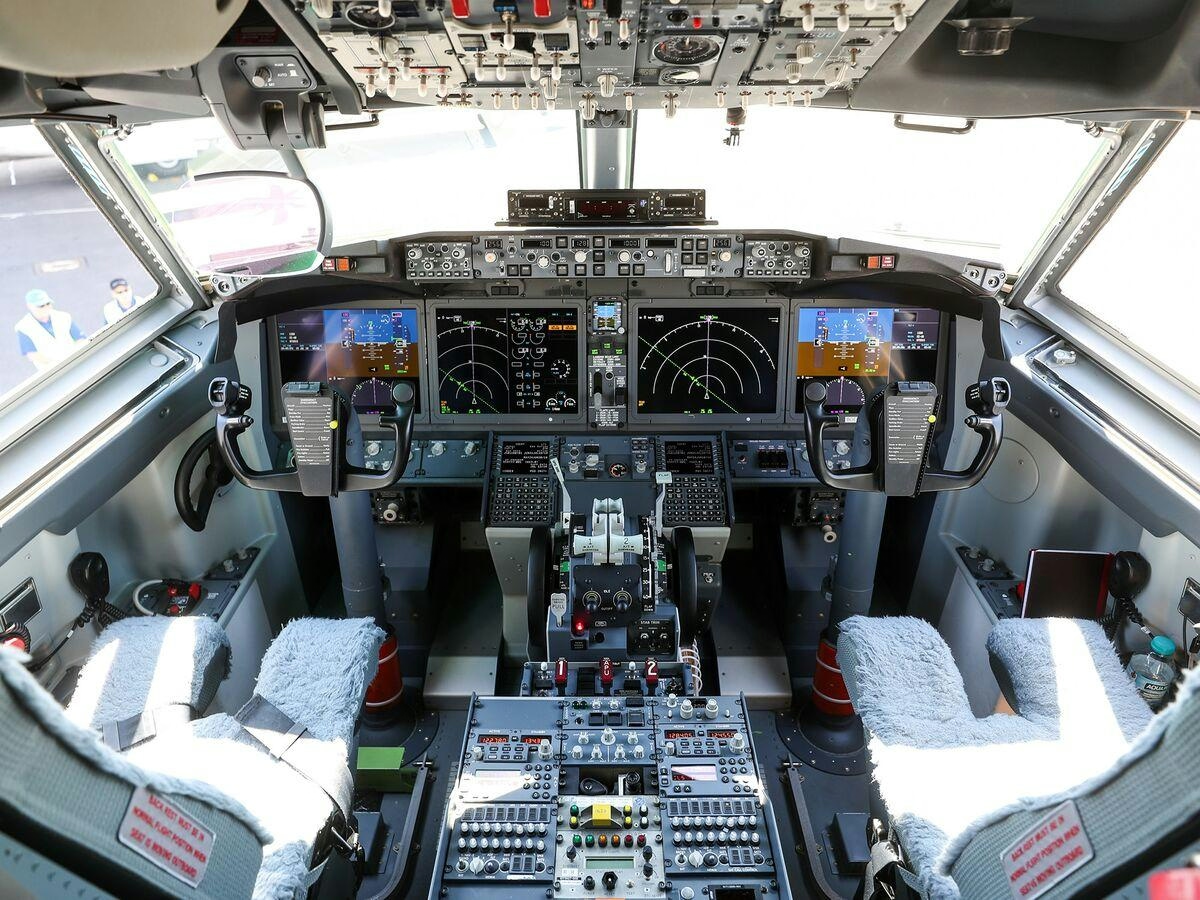
Boeing Introduces Remote Co-Pilot Technology
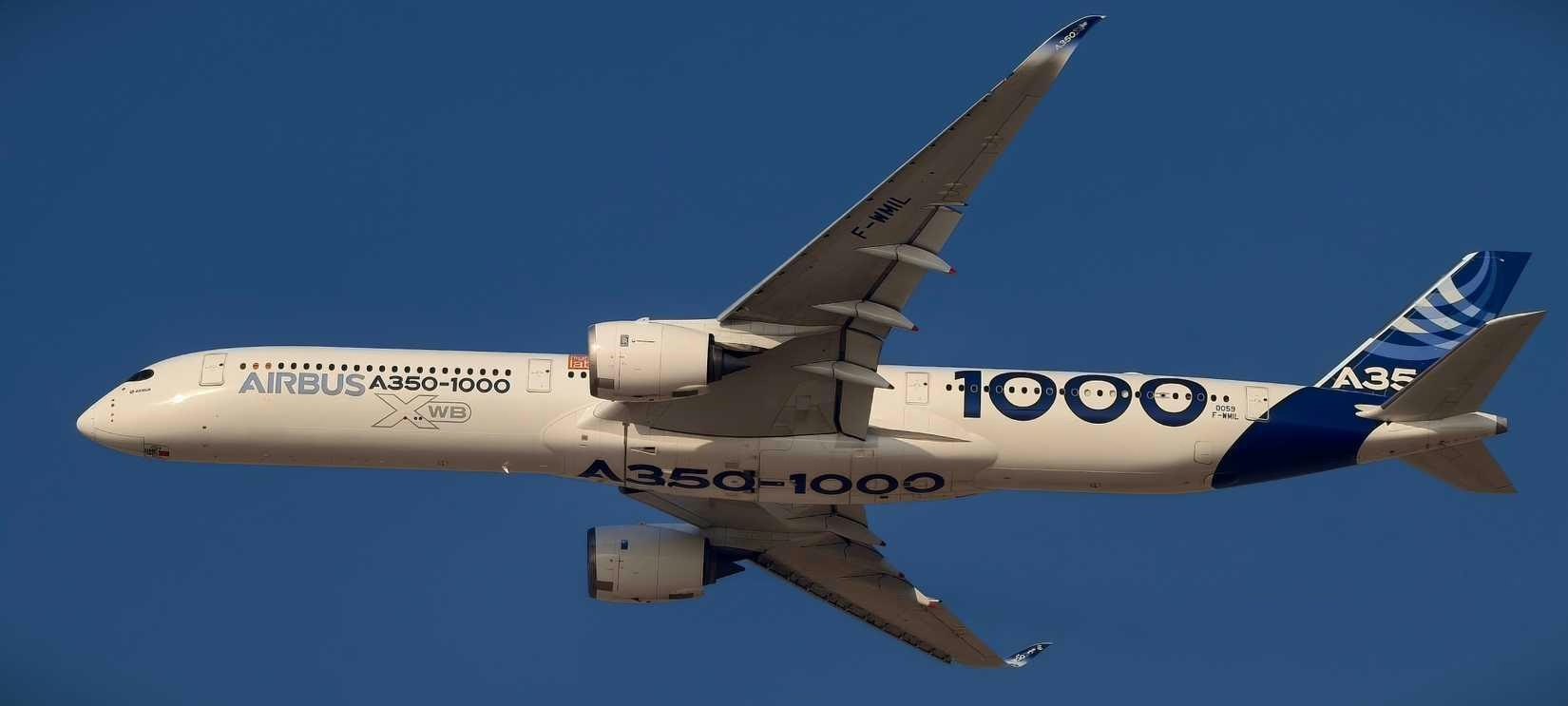
The Airbus A350-1000’s Fuel Efficiency Advantage Explained
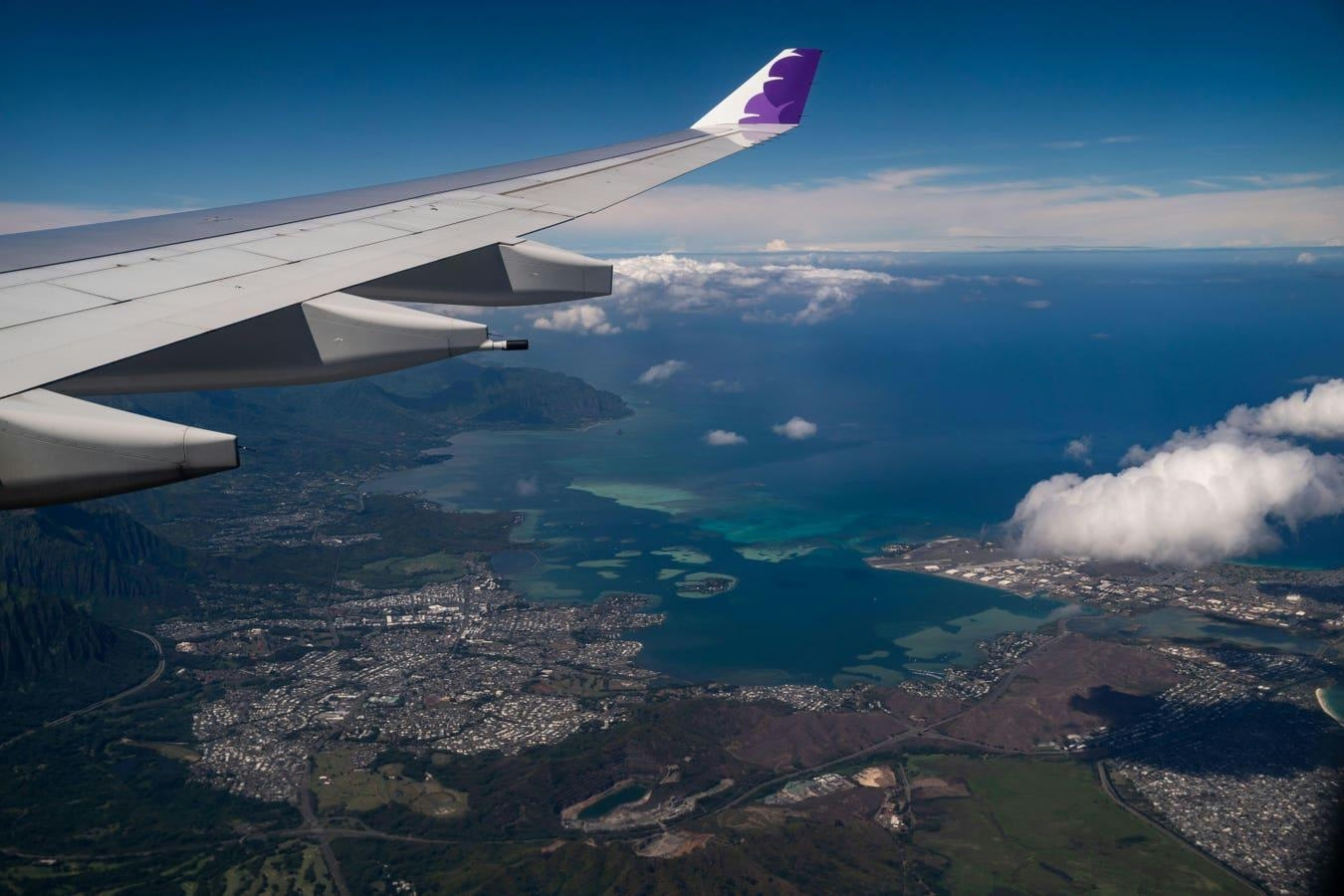
McNally Capital Expands Aviation Operations to Support Global Tourism

Two Young Climbers Begin Winter Ascent of McKinley
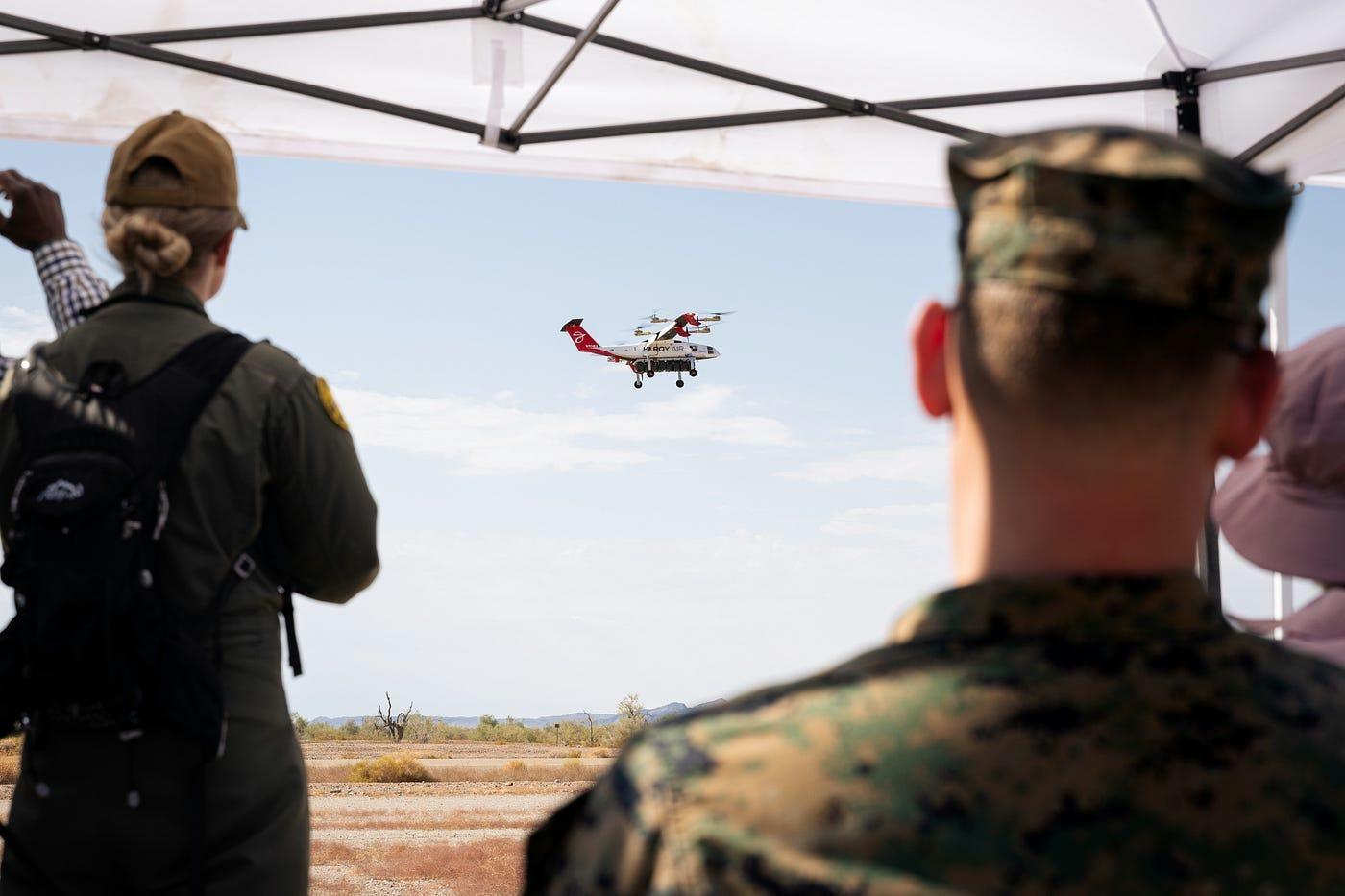
Elroy Air’s Autonomous Chaparral Delivers Lunch on A-to-B Flight
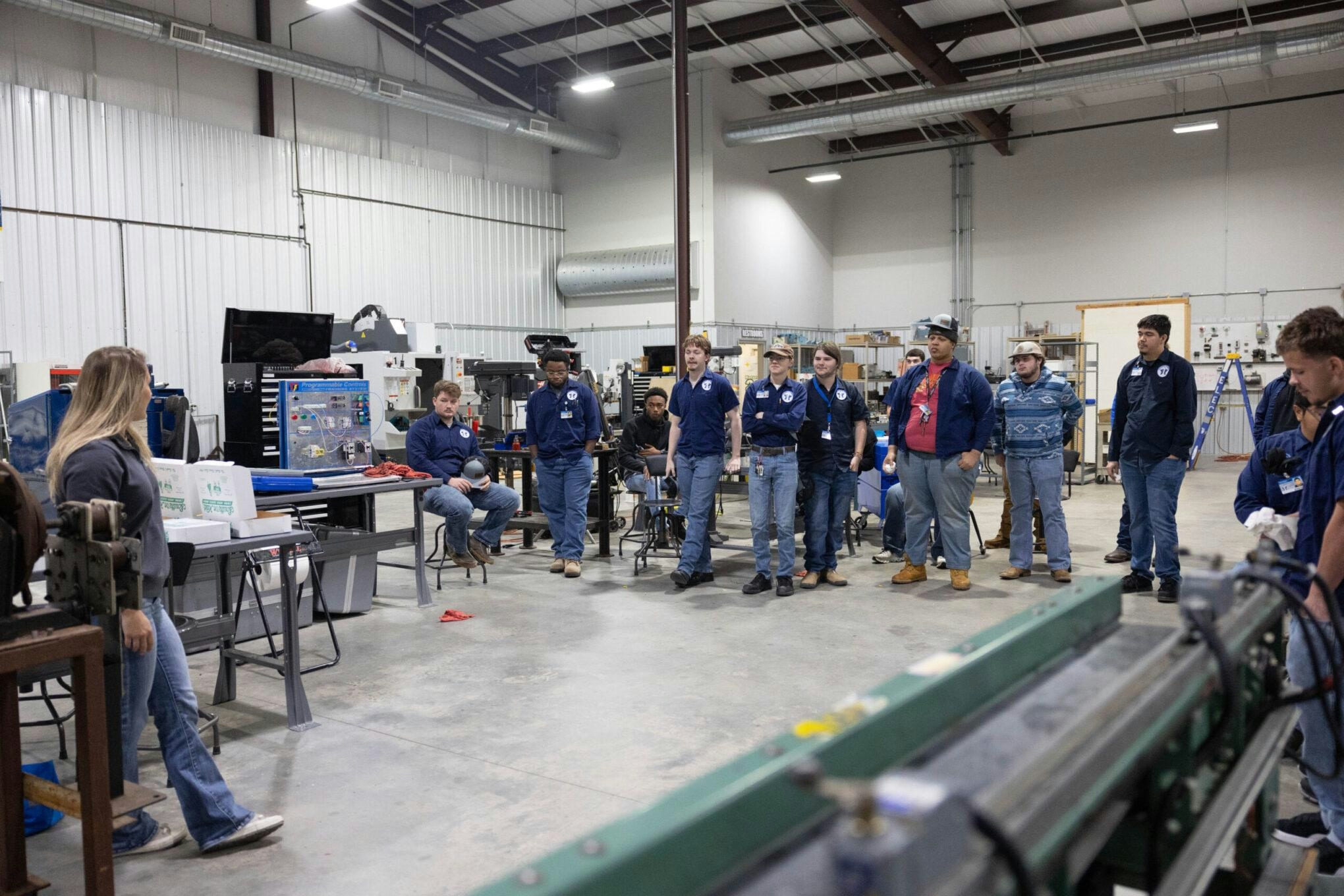
Texarkana College Holds First Graduation for Aviation Maintenance Technician Program
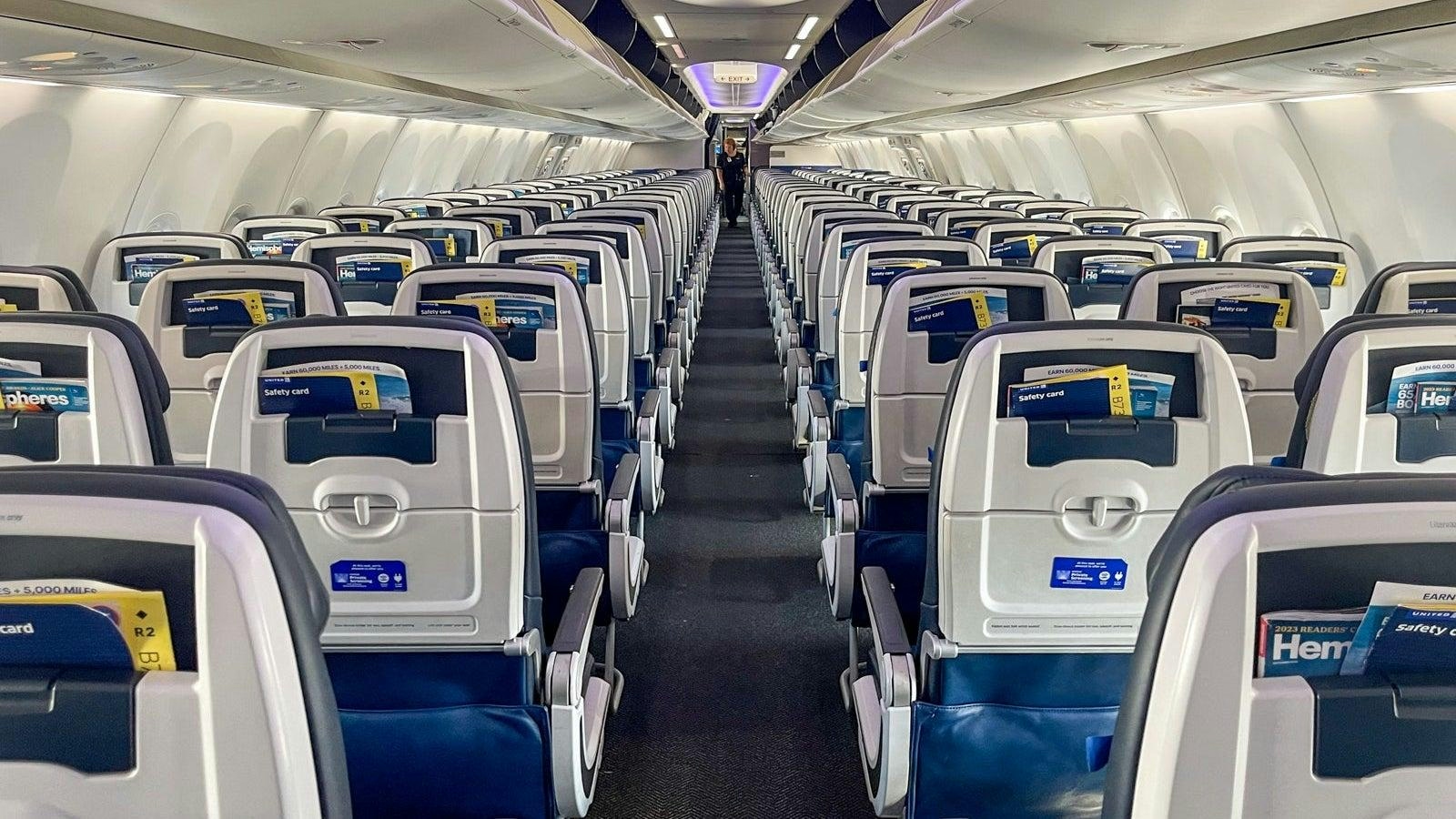
United’s 737 MAX 10s Have Flown Over 300 Hours Without Passengers

Airlines Adapt to Trade Disruptions and Supply Chain Challenges
